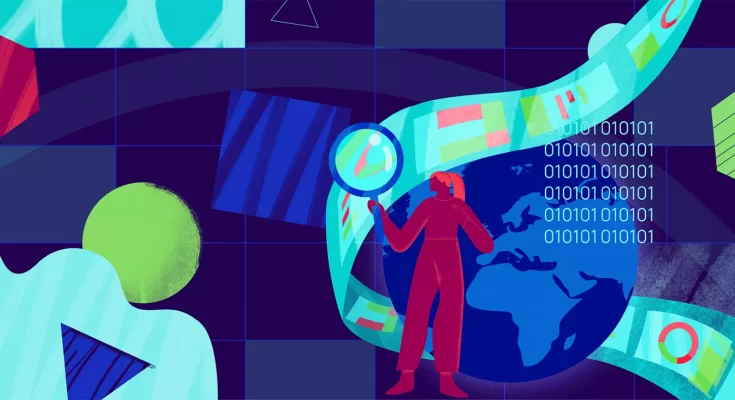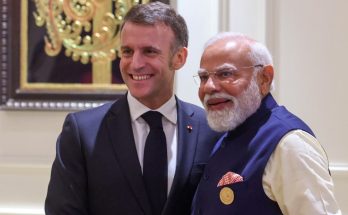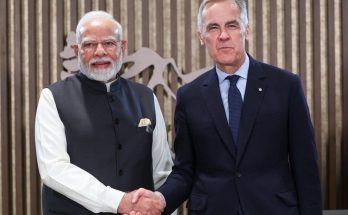GENEVA (ILO News) – The International Labour Organization (ILO) has launched a new Observatory on Artificial Intelligence (AI) and Work in the Digital Economy.
The online resource was created in recognition of the importance of the effects of AI on the world of work. It aims to be the world’s leading international knowledge hub on the world-of-work aspects of AI and the digital economy.
A new online knowledge resource on AI, the digital economy and the world of work launched by the ILO, aims to become the leading international source of knowledge and resources on the subject.
The Observatory will bring together evidence, analysis and expertise related to AI and the digital economy, with a focus on four key areas:
- artificial intelligence, including analyses of its ramifications on employment and productivity;
- algorithmic management, which refers to the use of algorithms and tracked data to manage and supervise work;
- digital labour platforms, which have grown exponentially as a new form of work over the past decade and which will be the subject of a standard-setting discussion at the 2025 and 2026 International Labour Conference and
- workers’ personal data, as a means to provide guidance for how employers should handle the collection of workers’ personal data.
Speaking at the launch, ILO Director-General, Gilbert Houngbo, said, “we recognize that workplaces across the world are being transformed by AI. The ILO aims to support governments and workers’ and employers’ organizations in managing this transition, so that AI becomes a positive force.”
The Observatory was launched on 25 September at a high-level online event. In addition to the ILO Director-General, the event featured Amandeep Singh Gill, UN Secretary-General’s Envoy on Technology, Marina Elvira Calderone, Minister of Labour and Social Policies, Italy, Roberto Súarez Santos, Secretary-General of the International Organisation of Employers (IOE), Cathy Feingold, Deputy President of the International Trade Union Confederation (ITUC), and Richard Samans, Director, ILO Research Department.





